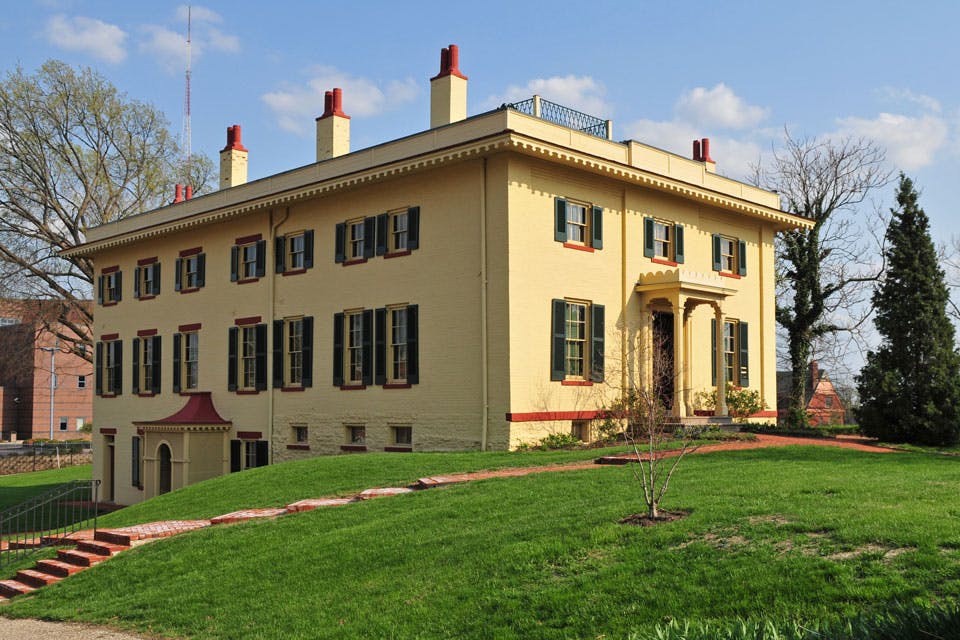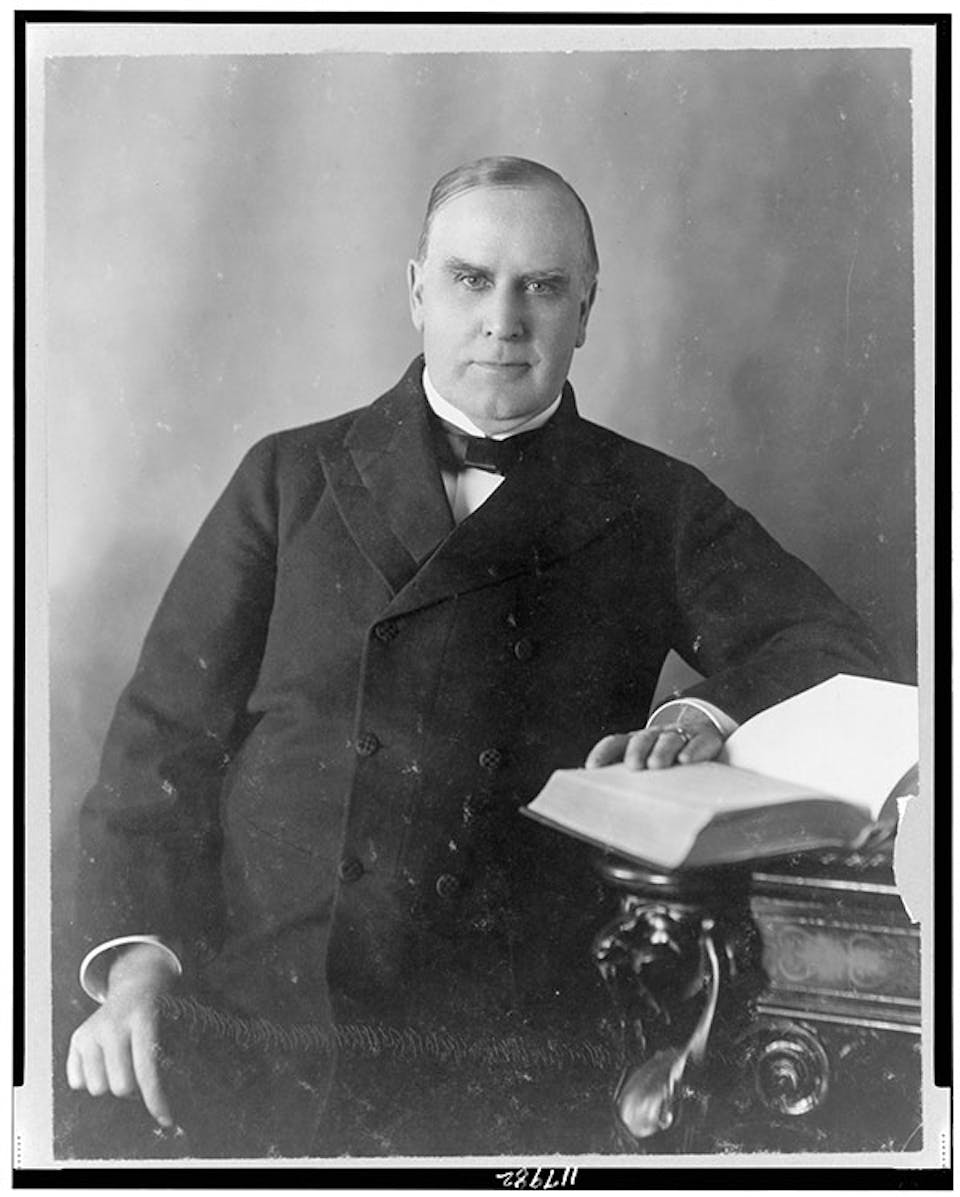Ohio Life
Karl Rove Talks William McKinley
The political consultant’s book examines how the Ohioan united a splintered Republican party.
Related Articles

Visit the Ohio Graves of 5 U.S. Presidents
Seven presidents were born in Ohio, and another called the state home before being elected. Connect with that history by visiting the final resting places of the five who are buried here. READ MORE >>

Enjoy Books and Brews at these 3 Ohio Shops
Visit these three Ohio bookstores that go beyond the printed page to offer coffee, beer, wine and more. READ MORE >>

Visit the William Howard Taft National Historic Site in Cincinnati
Our 27th president spent his formative years at this hilltop residence in a neighborhood built for the city’s social elite. Today, the restored home shares his story. READ MORE >>



